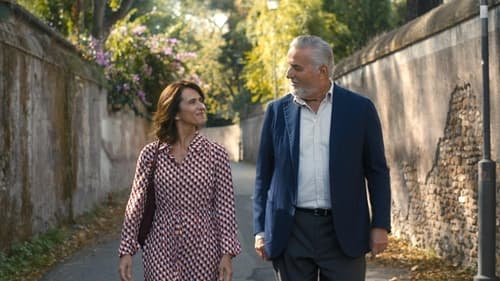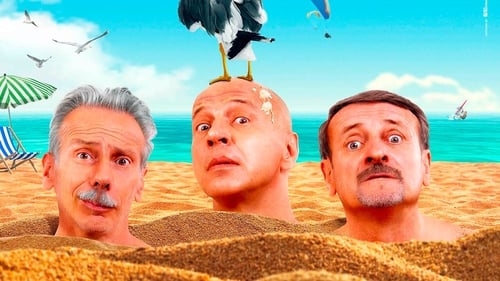
Editor
Pietro and Eleonora, both avid gardeners, are strangers who only meet because their two terraces are close to each other. The relationship that grows between them helps them to alleviate the pain each feels over something secret and very serious, a pain both try to hide from themselves and those around them. In this limbo they inhabit, the two make a stab at finding happiness together, until their paths diverge once more.

Editor

Editor
How to survive the city of tormorrow? An Italian reporter in Beijing, Alessandro lives with his child and wife, alienated by the megalopolis. As he experiences the works of emerging local artists, Alessandro discovers unexpected views on the city, enhancing his own. Myjing is a storytelling in progress, a diary of this experience offering a unique in-depth perspective on today’s China.

Editor
April 26, 1945. Ferruccio Razzini, fifteen-year-old from Pisa, fights in defense of the Italian Social Republic without knowing that Mussolini is already dead and that Italy has just been liberated. In his diary he tells the story of his father, a fervent fascist, and that of his two sisters, one married to a fascist and the other to a communist partisan. After Hit the Road, grandmother, Duccio Chiarini, with a refined stylistic code able to keep the narrative in balance between comedy and tragedy, investigates another side of the history of his family starting from the pages written by his great uncle.

Editor
A whirlwind of activity sweeps us into the daily routine at the Archaeological Museum of Naples.

Editor
In a prestigious hotel school, Luca learns the art of service. How much of his own freedom and adolescence must the young man give up to work at serving customers?

Editor
Three families end up in the same rented house. Throughout the summer, they become friends and rediscover how to enjoy life.

Editor
Filming in her grandparents’ home near Padova in Italy, the director identifies a map of places belonging to their past. Antonio was born in Libya when it was an Italian colony, and he lived in Tripoli where he married Narcisa. They were suddenly forced to leave the country in 1970 just after Gaddafi’s coup. With the help of a young Libyan contacted on social media, Martina collects images of her grandparents’ “hometown” today. As they exchange pictures and chats, their relationship grows, the web allowing them to slowly overcome the physical and cultural boundaries that separate their lives, bringing the audience into a world the media has no access to.

Editor
After years adrift, Diego returns to his hometown in Sicily. His dream of becoming a musician did not come true. He doesn't have a job, he has no plans for the future and has just been given up by his girlfriend. Looking at the rusty skeletons of the ships in the Harbour, he is kidnapped by an hypnotic sound: an ancient musical instrument, the Jew's harp, seems to indicate a way. Thus begins a journey of redemption, from the torrid coasts of Sicily to the frozen plains of Yakutia in Siberia, where the Jew's harp is a spiritual instrument and national symbol.

Editor
An emotional and philosophical plunge into that invaluable period of life, which is life's own end. Through a year of encounters and conversations, between the filmmaker and the main character; terminally ill with Lou Gehrig's disease. A road movie about love, pain and the need for freedom.







